Instagram Hides ‘Number Of Likes’ For Australian Users
From today, Australian Instagram users will no longer see the number of “Likes” an Instagram post receives. It’s a major shakeup announcement made by the Social Media giant.


Aussie users will notice that posts will show the user name and “And Others Like This” below the posts instead of number of likes.
Users can see only the number of likes that their own posts receive, not others. When it comes to knowing the number of likes received by others, you will need click through to bring up a list of users who liked the post.
Australia is the second country for testing this feature as this feature was first rolled out to Canadian users in May this year.
So, now you might be wondering to know – why hide the number of likes, especially on a social media platform which is built upon popularity and vanity?
According to Mia Garlick, the Director of Public Policy for Facebook and Instagram in Australia and New Zealand, it’s all about taking the “competition” out of posting.
“We know that people come to Instagram to express themselves and to be creative and follow their passions. And we want to make sure it’s not a competition,” Mia Garlick told Hack.
This decision comes at a crucial moment of soul searching for Instagram. Instagram was developed by a computer programmer and Engineer in 2o10 and spent nine fine years skyrocketing away from its humble origin: it now boasts more than a billion active users and owned by one of the most powerful and controversial companies in the world.
The move to hide the number of likes will ease the pressure in users’ mind while posting any content on the platform.
“We want to make sure that people are not feeling like they should like a particular post because it’s getting a lot of likes, and that they shouldn’t feel like they sharing solely to get likes,” Mia says.
The idea of “Likes” being a source for metal anxiety in young people perfectly fits in with the growing number of research and studies on Instagram’s effects on mental wellbeing.
Two years ago, a UK study of people aged 14-25 found that Instagram is the worst social media platform for the mental health of young people. Last year PEW Research Centre found 37% students felt the “pressure” to post content that get likes and comments. American Psychological Association linked mental health issues and an increase of suicide rates in young Americans due to social media.
Mia Garlick firmly believes that hiding likes and last week’s announcement of Instagram’s anti-bullying algorithm are all designed to improve the wellbeing of users.
“[Those tools] have all been rolled out to help people have a sense of control.”








